
Join CDAC Network at the 2024 Public Forum – Data, power and participation: towards the ethical adoption of tech
This year’s Public Forum will ask: what could accountable AI design and governance look like? Who controls the data shaping humanitarian action? Whose ethics should guide the take-up of tech in conflicts and crises? What information and tools do crisis-affected communities need to play a central role in decision-making?

Why community engagement is the smart strategy for AI in humanitarian response
Watch the World Summit AI 2024 panel where CDAC’s Executive Director, Helen McElhinney, made the case for deeper community participation in the development and use of artificial intelligence (AI) technologies in humanitarian settings.
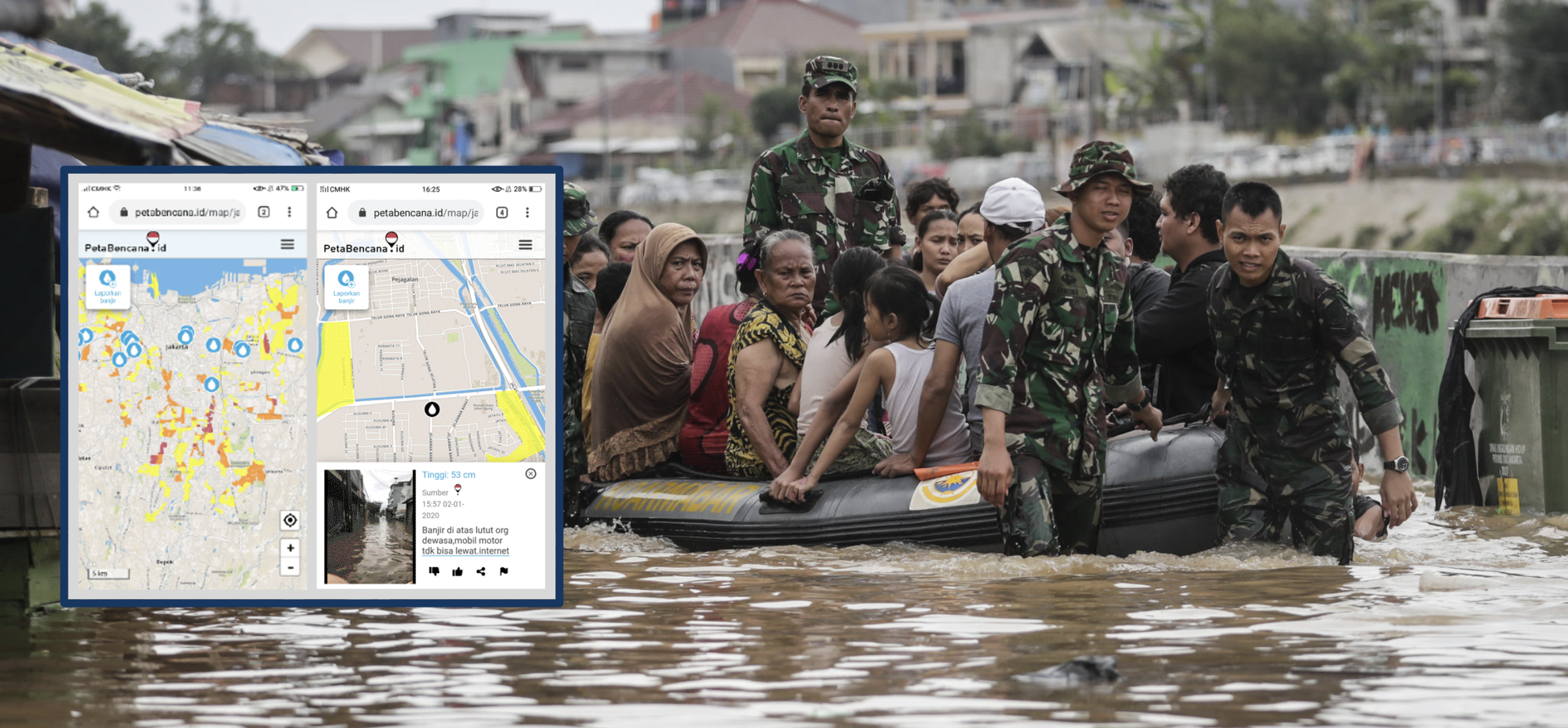
New online course – Community crisis intelligence: elevating community voices with AI
CDAC Network is excited to announce the launch of a new online training course, designed to equip humanitarian professionals with the skills to harness the power of community intelligence and AI to deliver faster, better and more localised humanitarian responses.
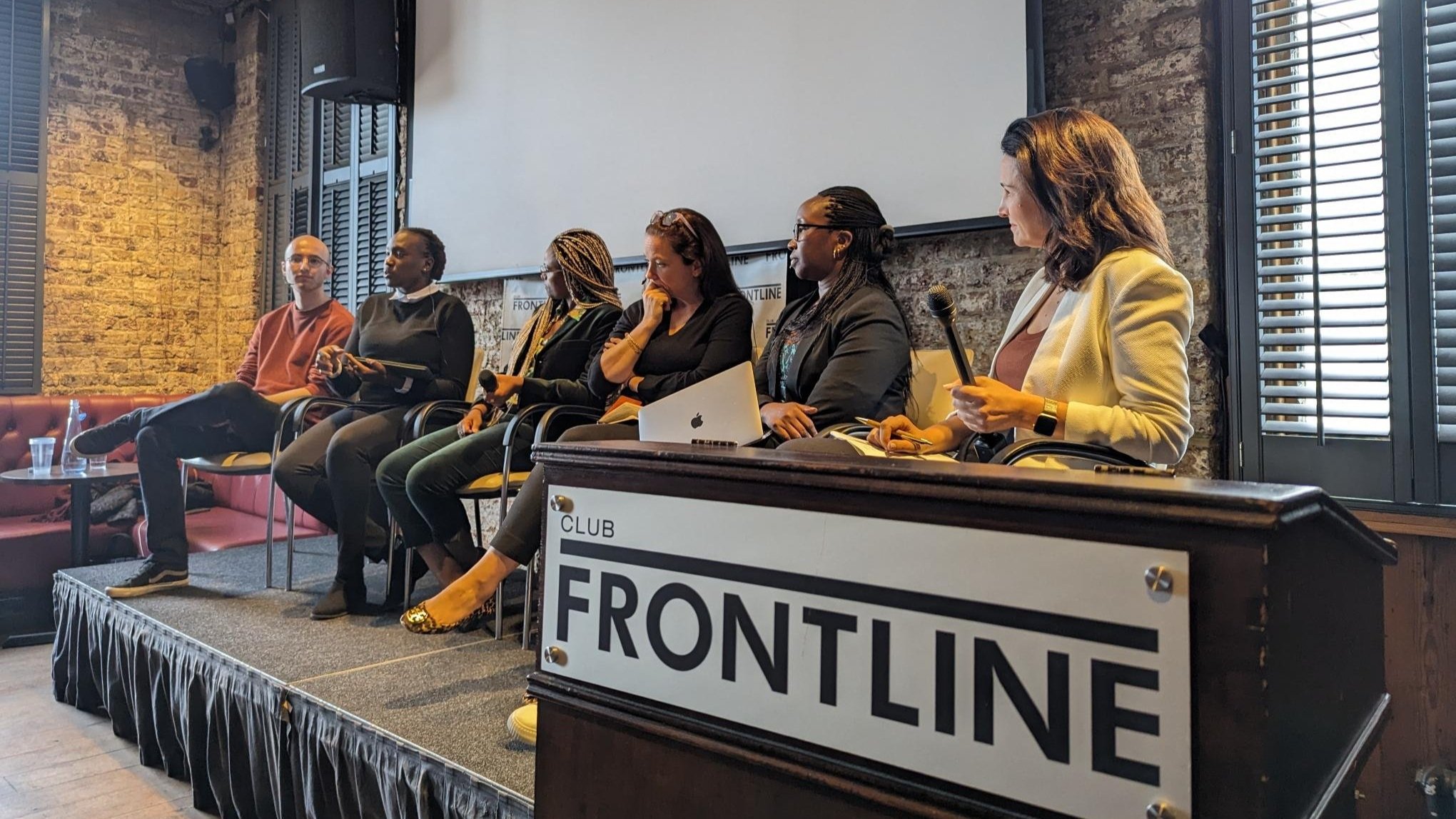
Why we urgently need a humanitarian manifesto for AI
As part of The Alan Turing Institute’s AI UK Fringe in March 2024, CDAC Network hosted an event at London’s Frontline Club to ask: ‘Do we need a humanitarian manifesto for AI?’ Catch up on the videos and key takeaways here, including a keynote from Dr Abeba Birhane.
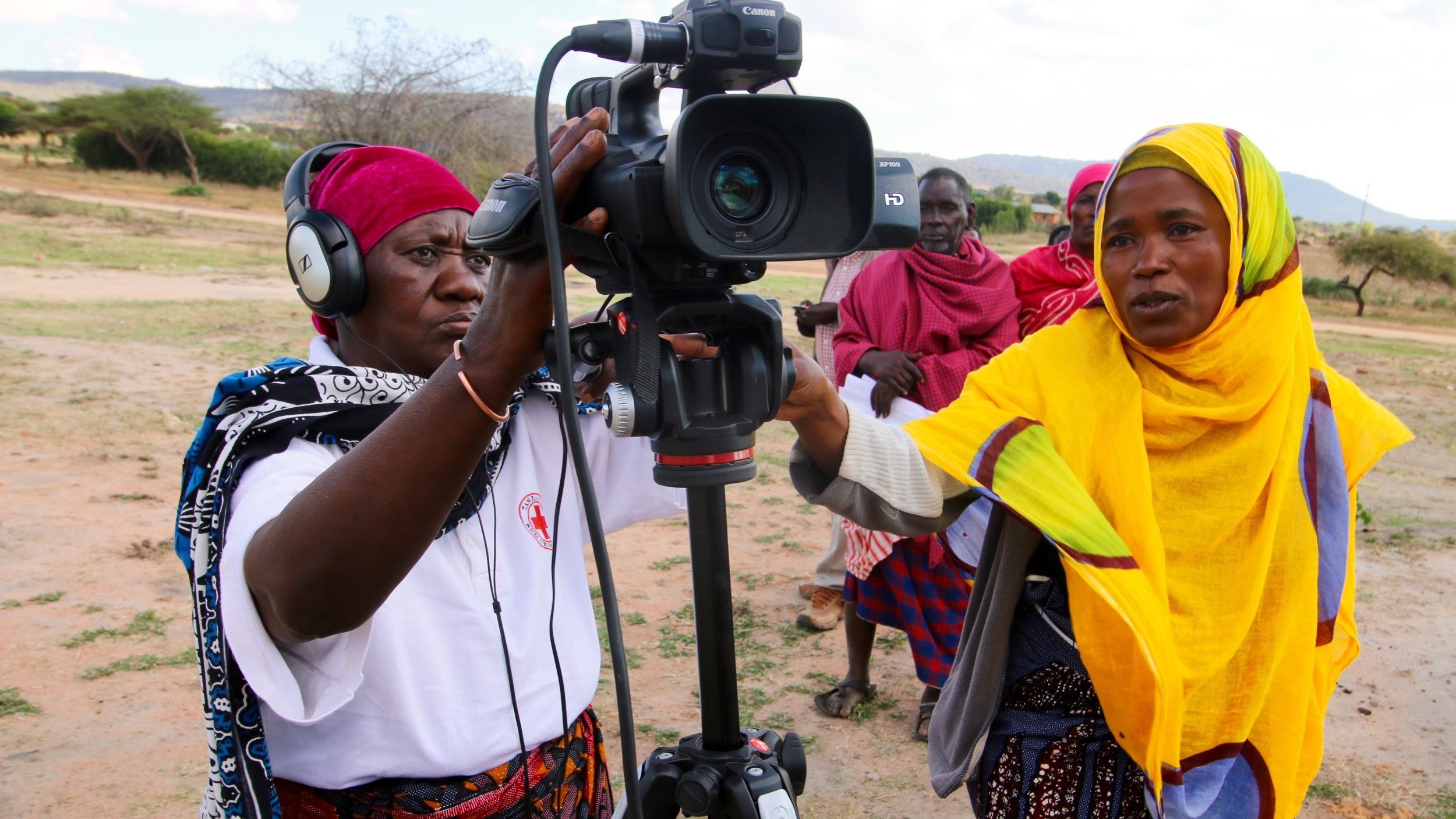
The next level in community-led engagement and accountability: integrating a participatory mixed-methods approach
Photo story: how participatory video methods can be used to centre communities’ voices, perspectives and expertise at every stage of humanitarian programming and response.
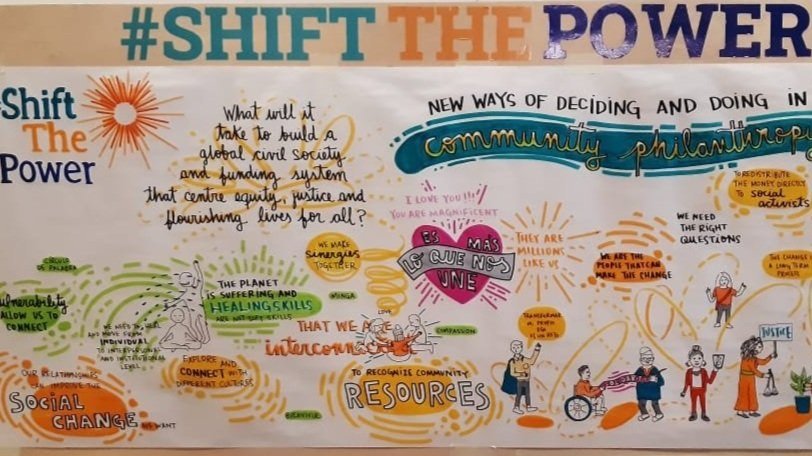
Empowering communities: insights from the #ShiftThePower Summit in Bogotá
Following the 2023 #ShiftThePower Summit in Bogotá, we reflect on inclusion, decolonisation, solidarity, technology and how we tip the balance of power in humanitarian and development decision-making to communities.
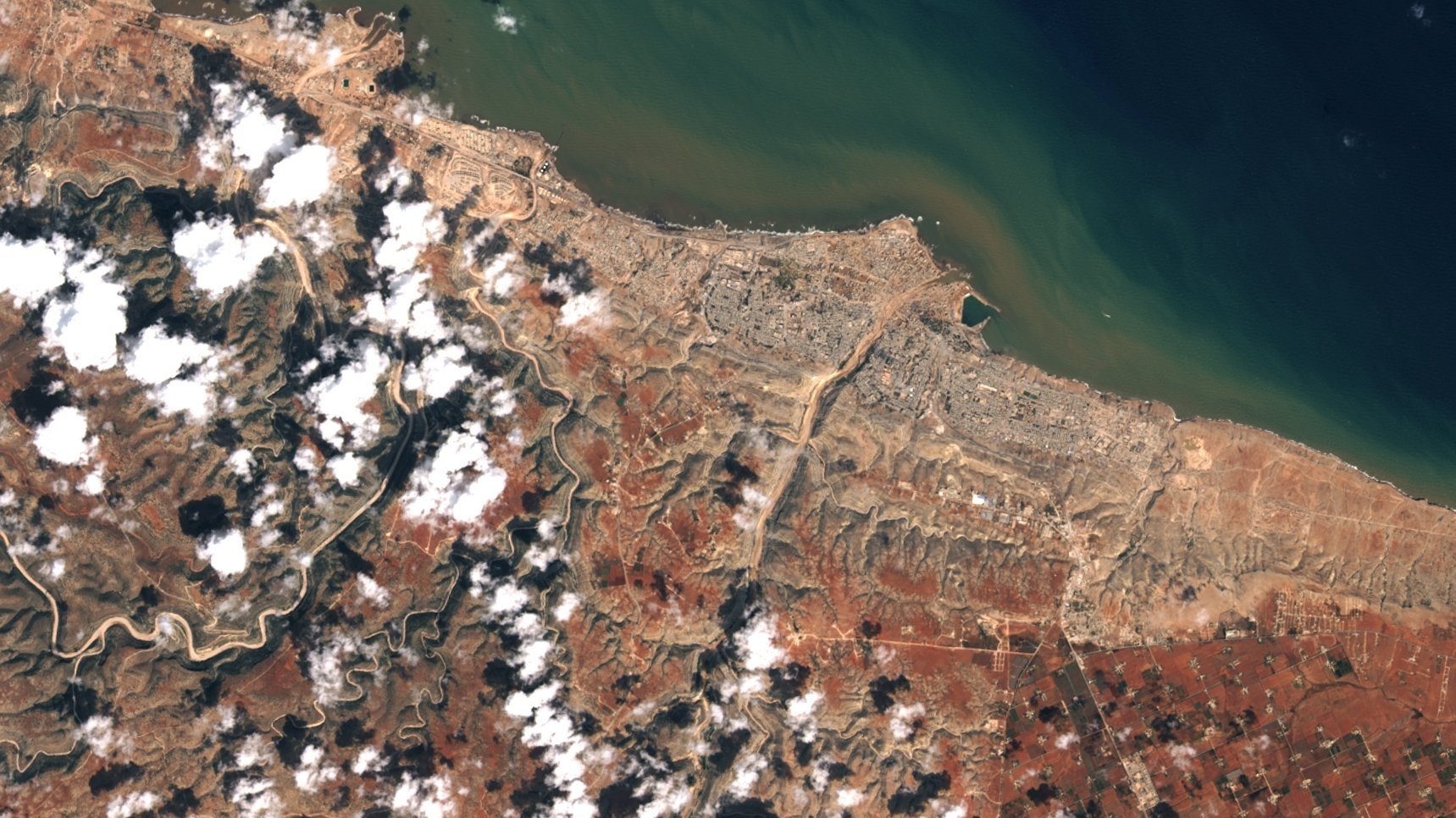
Urgent call to response leadership: advance communication and dialogue in Libya
As the international humanitarian response to the Libya floods ramps up, CDAC Network and its members urgently call for response leadership to advance coordinated communication with affected people.
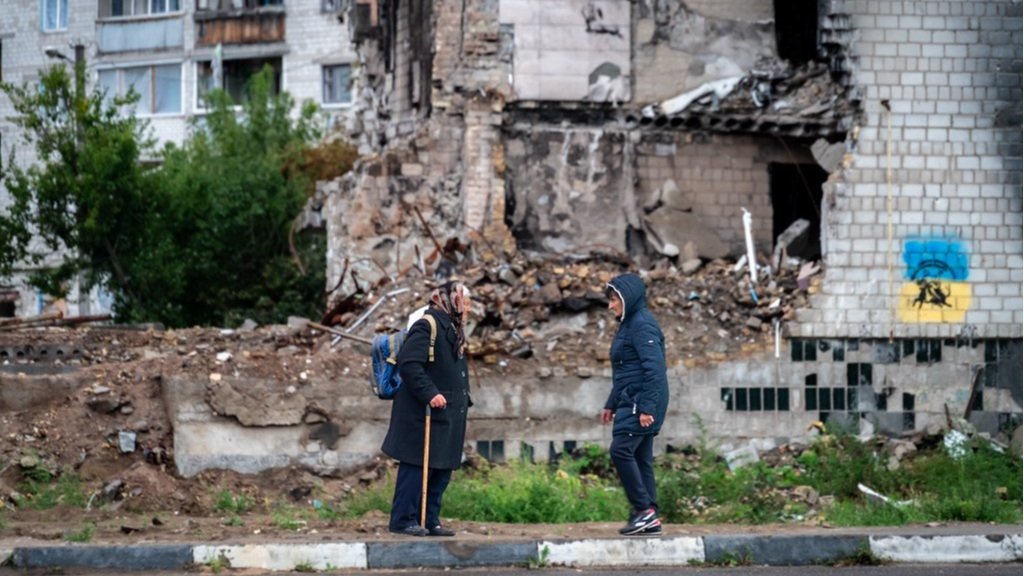
CDAC Network: one year of promoting effective system-wide communication across the Ukraine response
Reflections on a year of CDAC’s project to ensure effective system-wide communication across the Ukraine response by bridging the gap between local and global responders.
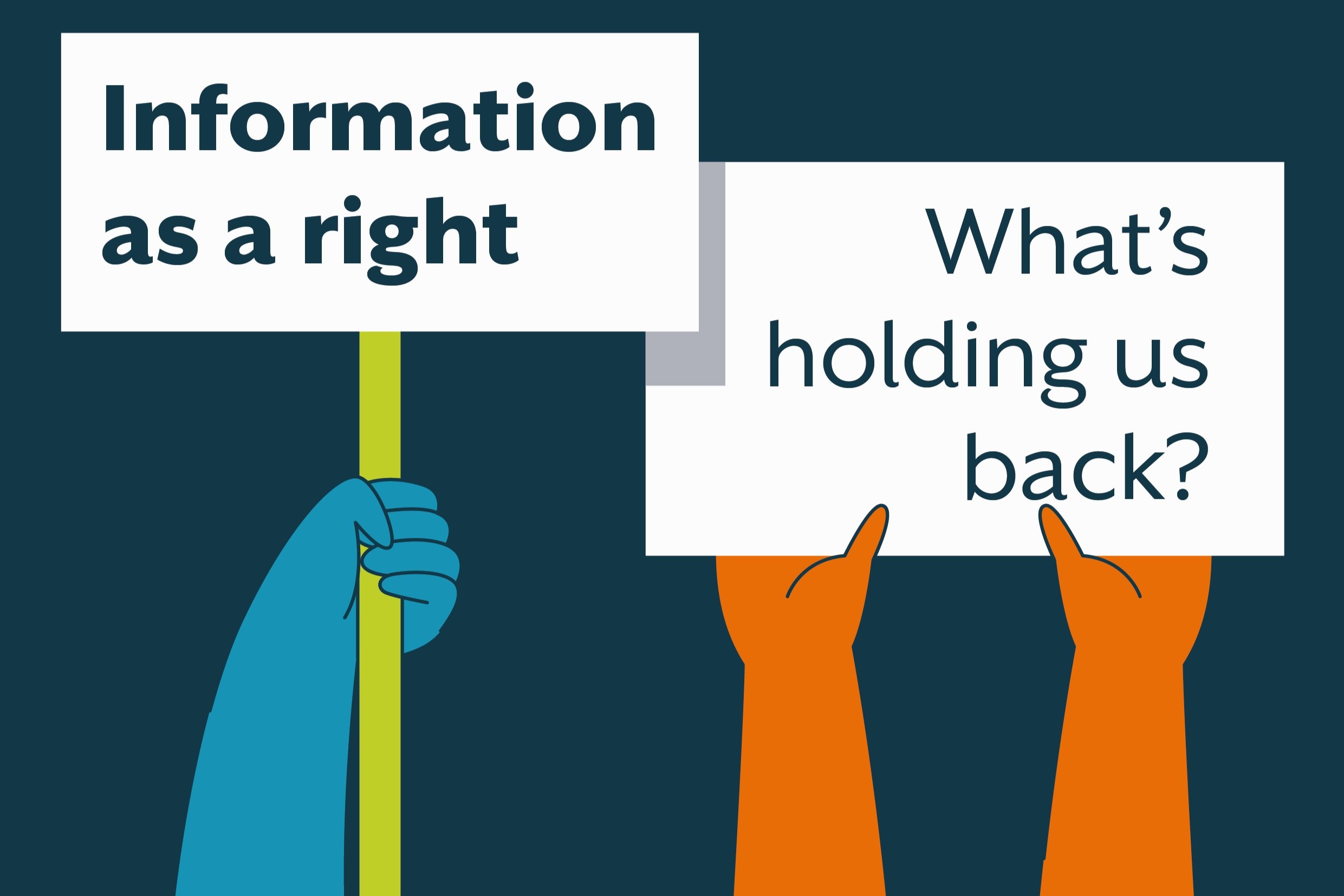
Information as a right: what’s holding us back? Key takeaways on advancing rights-based approaches to communication and participation
Why the concept of ‘information as aid’ must be underpinned by the fundamental rights to information, participation and freedom of expression.
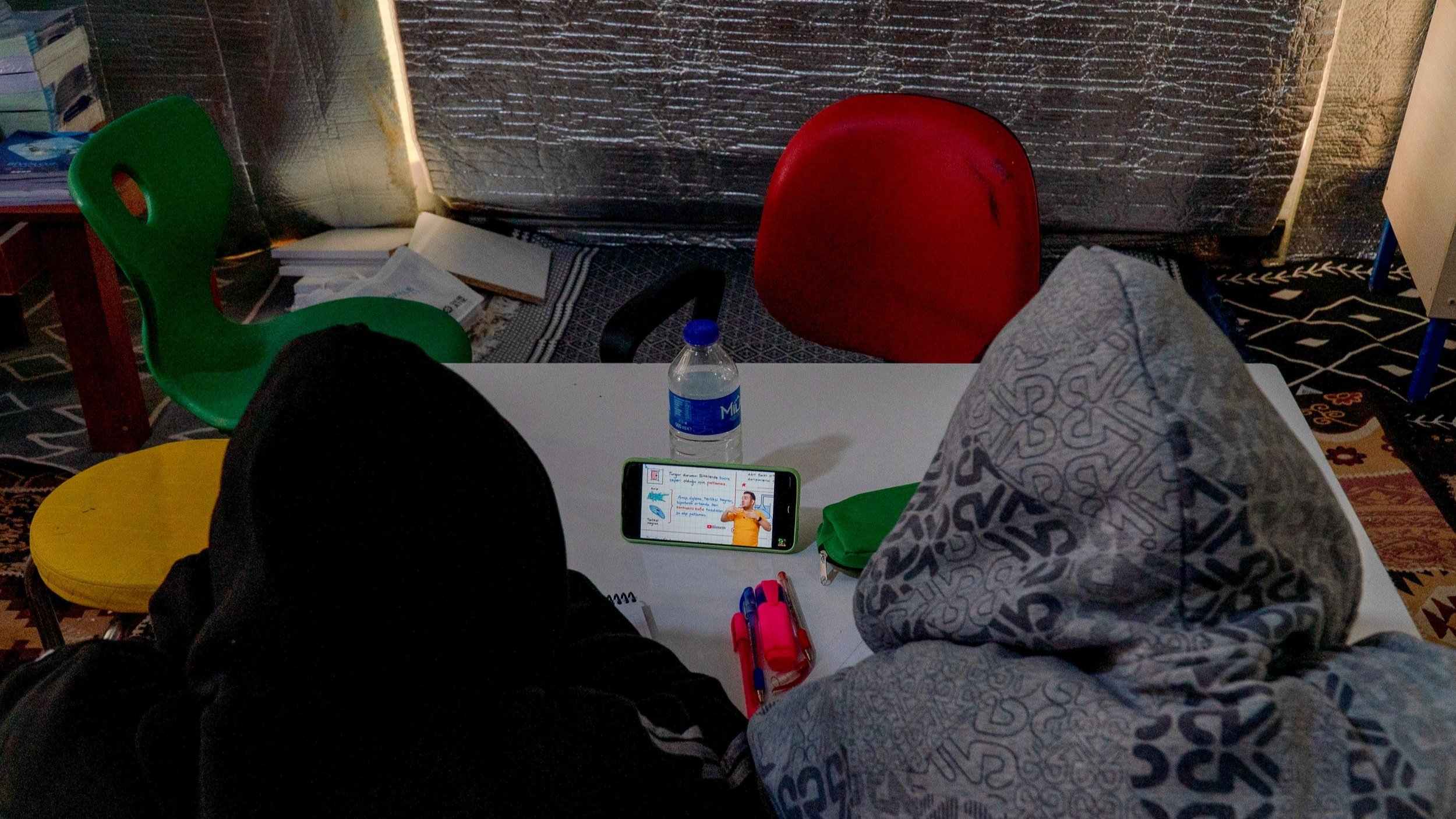
Connecting communities: navigating information gaps and community trust in post-earthquake Türkiye
Key considerations to ensure everyone has access to timely, accurate and trusted information and two-way channels of engagement.
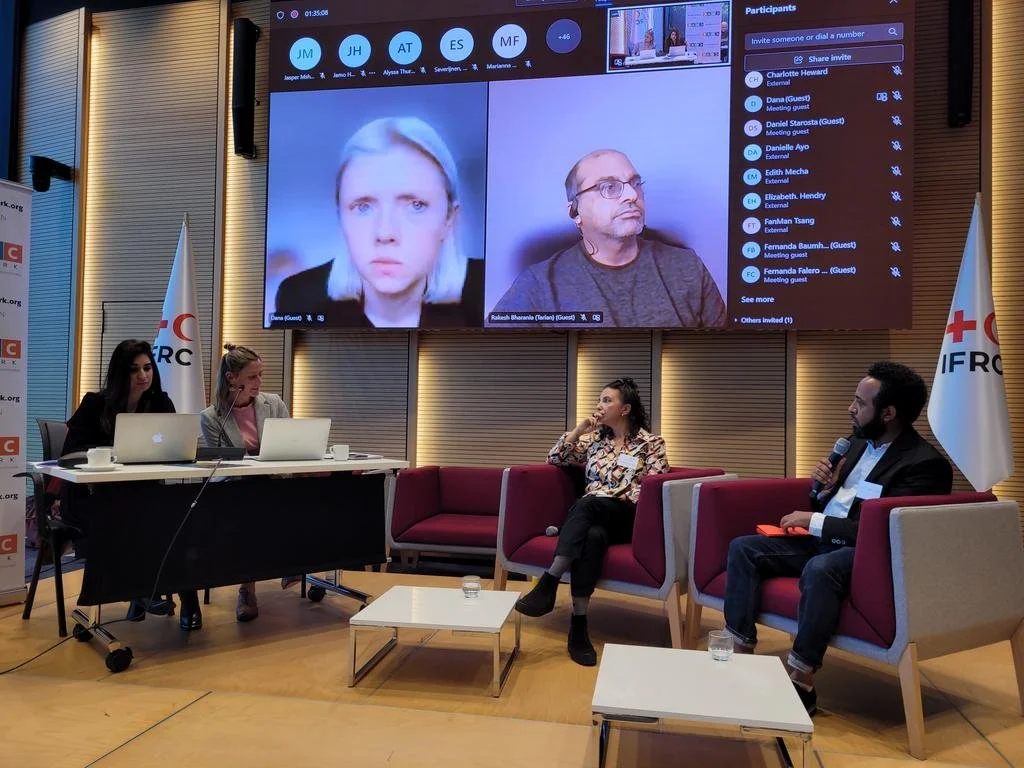
Futureproofing communication and engagement: key takeaways on collaboration in an evolving aid landscape
Key takeaways from the 2022 CDAC Network Public Forum on how diverse actors must work together to ensure that communication and engagement is fit for the future.

A call for action from CDAC Network Governing Board
The future of humanitarian collaboration and engagement with local communities requires action and risk-taking in the void between ‘us’ and ‘them’. Investing in practical and agile local solutions is essential to systems change
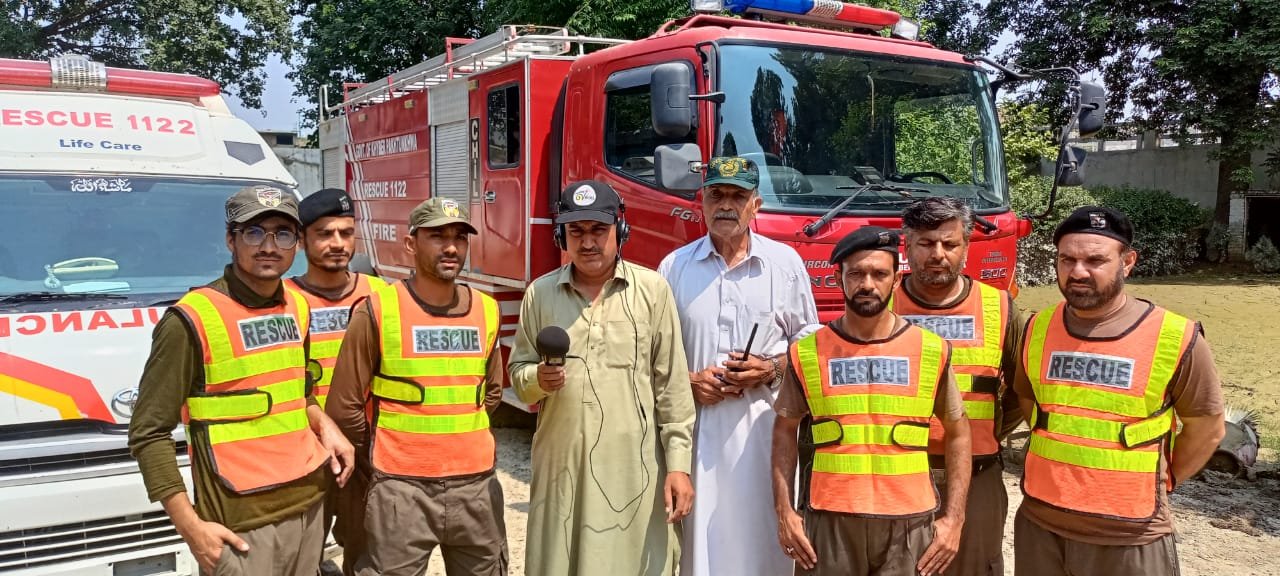
We’re still listening: radio in the Pakistan floods response
How community co-production of radio is facilitating two-way communication and engagement in the 2022 Pakistan floods response.
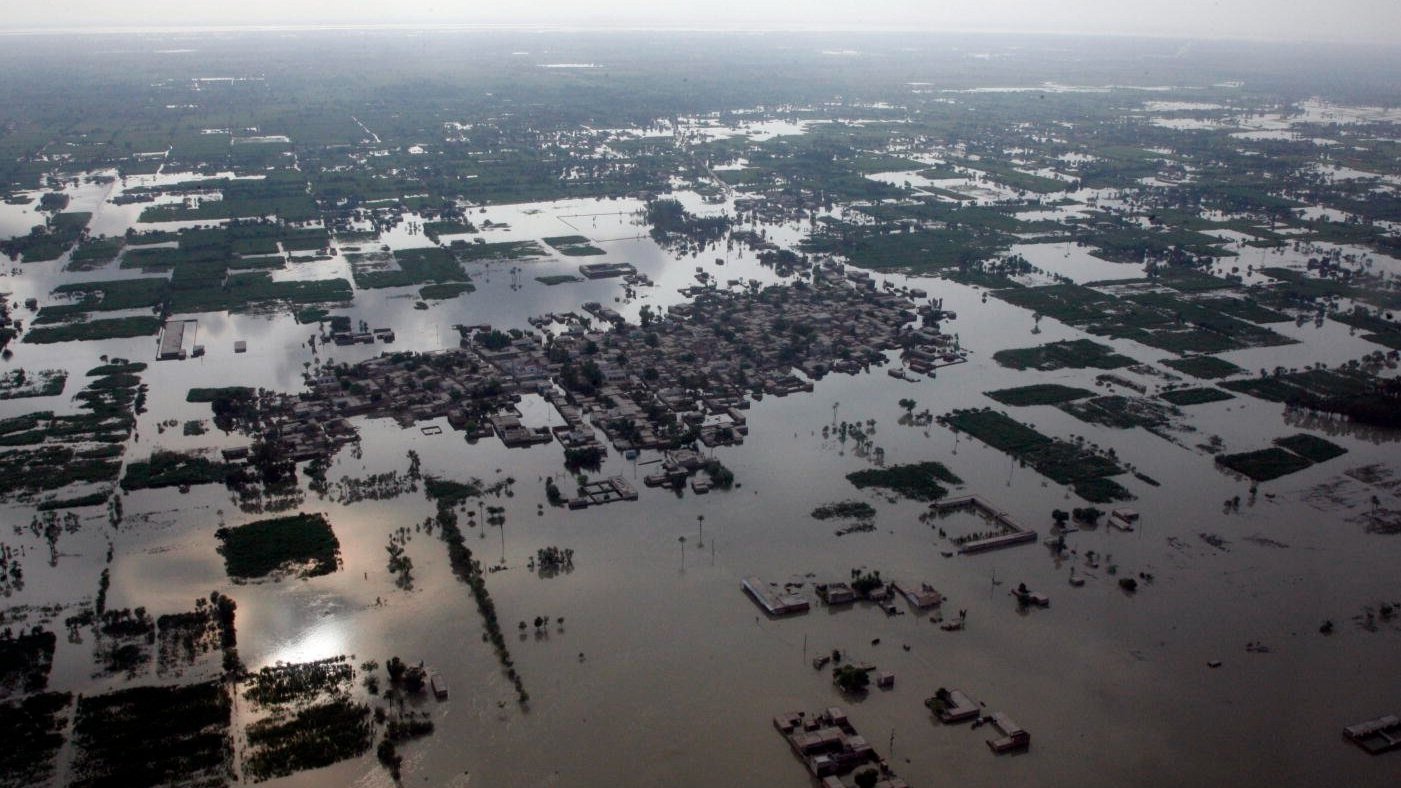
Pakistan: resource portal for responders
Key communication, community engagement and accountability tools and resources for those responding to the 2022 flooding in Pakistan.

The Participation Revolution is happening – it just doesn’t involve aid
One of the goals of the 2016 Grand Bargain was a ‘Participation Revolution’ to make aid more effective through the inclusion of people and their communities in ‘our decisions’. Six years on, we ask: what is the state of the revolution?
